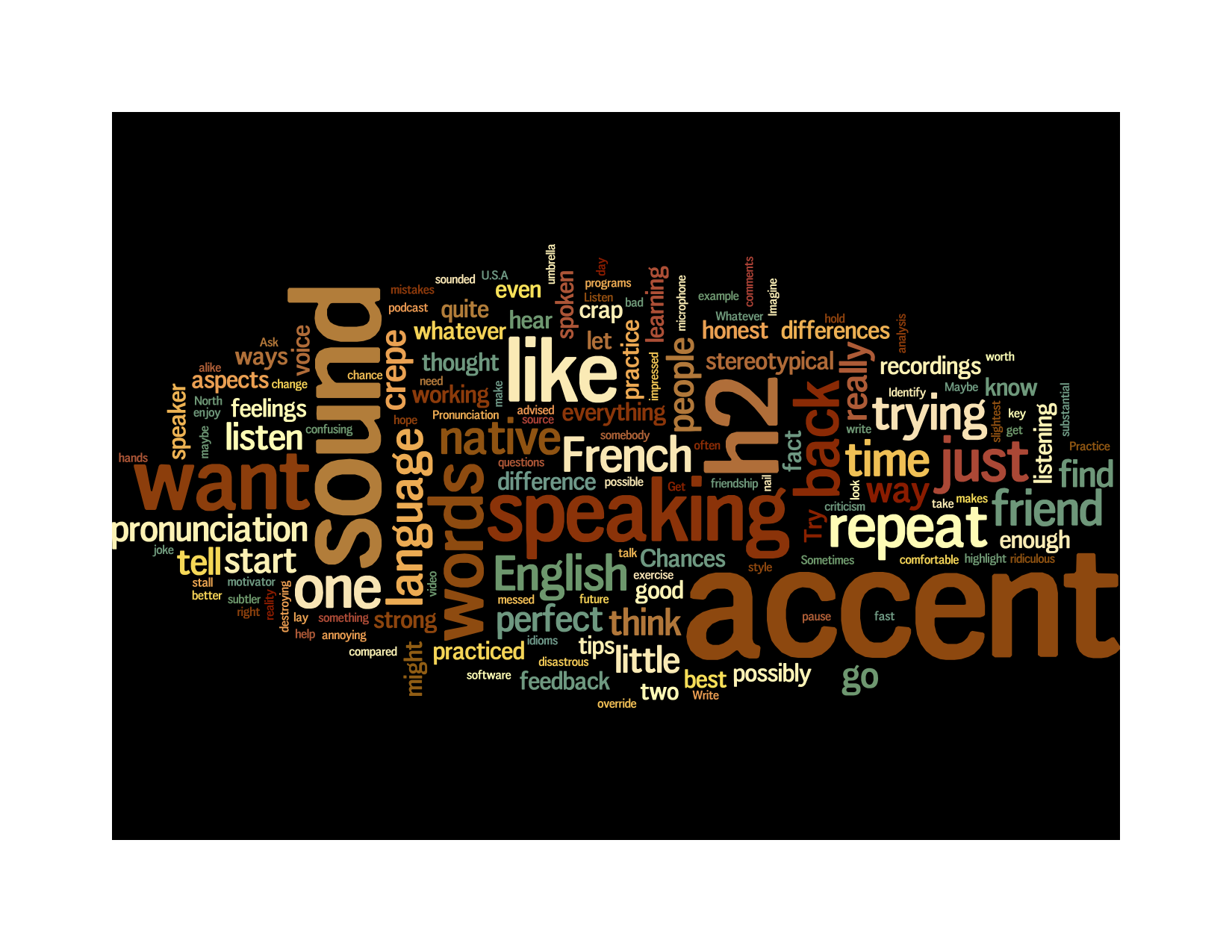 So you’ve learned the vocabulary, the grammar, the expressions and the idioms. You’ve practiced and practiced and are feeling confident about your speaking ability, but then when you finally get a chance to practice with a native speaker, they keep asking you to repeat yourself. Why is this? Chances are that you are simply not pronouncing the words correctly.
So you’ve learned the vocabulary, the grammar, the expressions and the idioms. You’ve practiced and practiced and are feeling confident about your speaking ability, but then when you finally get a chance to practice with a native speaker, they keep asking you to repeat yourself. Why is this? Chances are that you are simply not pronouncing the words correctly.
Wiktor (Vic) Kostrzewski (MA, DELTA) is an author, translator, editor and project manage based in London. When he works, he thinks about languages, education, books, EdTech and teachers. When he doesn’t work, he probably trains for his next triathlon or drinks his next coffee.
BRAVE Learning (formerly known as 16 Kinds) is a lifelong learning and productivity blog. If you enjoy these posts, please check out one of my books and courses.
My recent publications, and my archive, is now all available on my new project: PUNK LEARNING. Hope to see you there!






